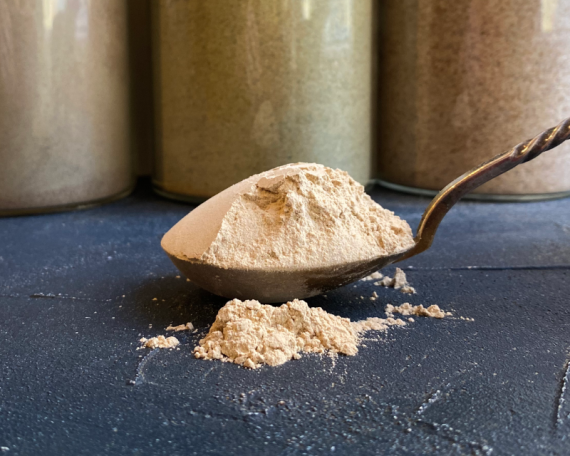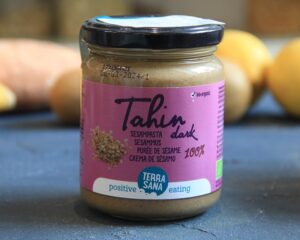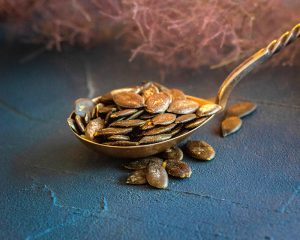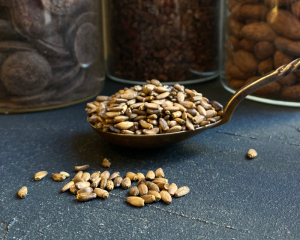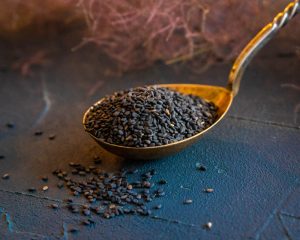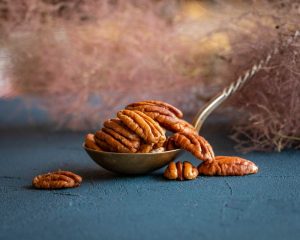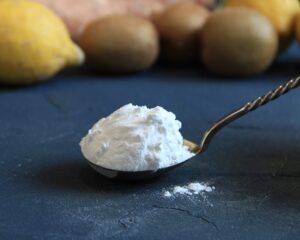

Organic Ashwagandha powder
From 1.95€
Ashwagandha Withania somnifera, often called “Indian ginseng” or “winter cherry”, has been used in Ayurveda, one of the world’s oldest holistic healing systems, for over 3000 years. It grows in the dry regions of India, the Middle East and parts of Africa. Its name ‘ashwagandha’ is derived from the Sanskrit words ‘ashwa’ meaning ‘horse’ and ‘gandha’ meaning ‘fragrance’, possibly referring to the strong scent of the root, which is thought to impart vitality and horsepower.
Highly respected in Ayurveda, ashwagandha is used to treat many health problems. The root is the most important part of the plant and is commonly used in different compositions. The roots have strong aphrodisiac, diuretic, antioxidant, antidepressant and antidiabetic properties and are used to treat a wide range of diseases.
Ashwagandha is rich in vital vitamins and minerals such as calcium, iron and vitamin C.
Ashwagandha is known for its adaptogenic properties, which help the body adapt to stress and reduce anxiety levels.
Studies have shown that Ashwagandha can improve memory, concentration and thus may help with diseases such as Alzheimer’s.
Ashwagandha contains bioactive components and powerful antioxidant properties that promote a healthy inflammatory response and immunomodulatory effects.
Ashwagandha increases energy and stamina. Ashwagandha’s active compounds increase the body’s vitality and reduce weakness and fatigue.
Ashwagandha can help balance hormones, making it useful for conditions such as thyroid disorders and hormone imbalances in women.
Often during menopause, women experience irregular menstrual cycles, menstrual cramps and other physical changes. Ashwagandha helps with these problems. It strengthens the adrenal glands’ ability to function while correcting hormonal imbalances.
Ashwagandha’s antimicrobial and antibacterial properties can help treat vaginal infections.
Ashwagandha is a natural aphrodisiac that helps relieve anxiety and mental tension while boosting libido. Ashwagandha also increases male virility and stamina.
Studies have shown that ashwagandha not only treats ulcers, but can also reduce their risk. Studies also show that ashwagandha on its own or in combination with other herbs can reduce stomach acid, preventing painful ulcers.
Ashwagandha contains alkaloids that act on the nervous system to reduce anxiety and stress. This has a direct impact on the health of human skin.
Ashwagandha increases the amount of oxygen in the body. These levels are very important when assessing cardiorespiratory endurance.
Ashwagandha can help with high cholesterol and high blood pressure.
Attention
Some people may experience stomach upset or diarrhoea when taking ashwagandha powder.
Ashwagandha may cause drowsiness in some cases.
Ashwagandha may interact with certain medications, so be cautious when taking prescription medications.
Women who are pregnant or breastfeeding should use caution when taking ashwagandha, as its safety in these situations is not well known.
Use
The powder is recommended to be taken 1/4 to 1/2 teaspoon once or twice a day. No more than 1 teaspoon per day.
How long does it take to solve a problem? Some may take 3-6 weeks, others may take longer. You can stop taking it as soon as you get the desired effect. For most people, Ashwagandha therapy can last several months.
Sources
https://www.keralaayurveda.biz
https://www.healthline.com
https://www.netmeds.com
NOTE. The information provided here should not be interpreted as advice on treatment or other health issues. We encourage you to make decisions about your personal health by considering different sources of information.
Organic ashwagandha powder 100%
Energy value 1159 kJ / 277 kcal
Fat 0,3 g
- of which saturates 0,1 g
Carbohydrates 46 g
- of which sugars 11 g
Protein 3,7 g
Salt 0,6 g
Store in a cool, dry place.


